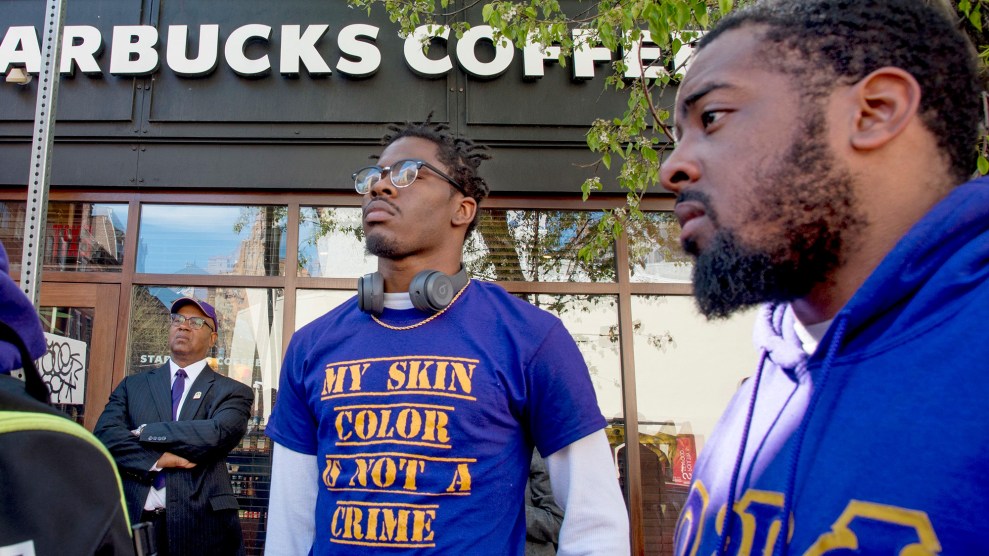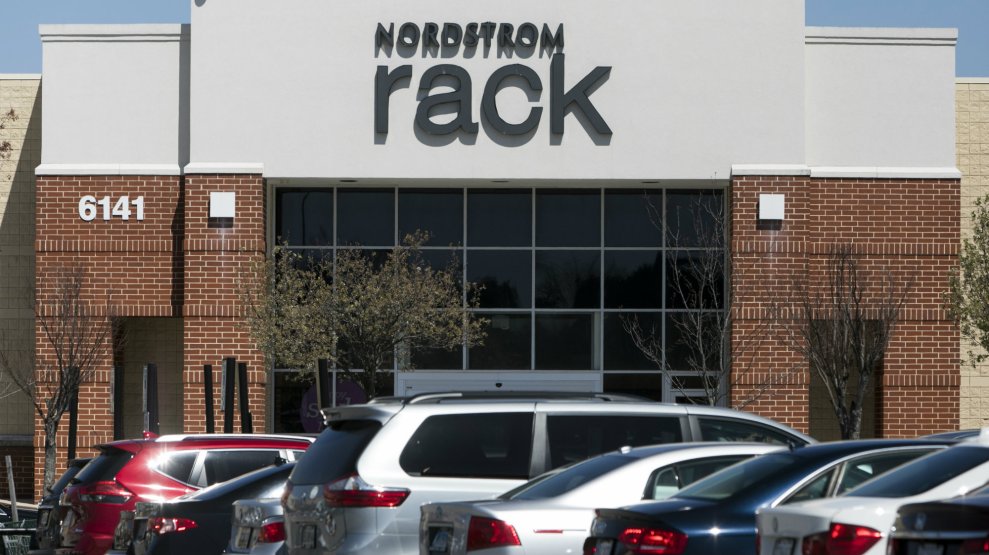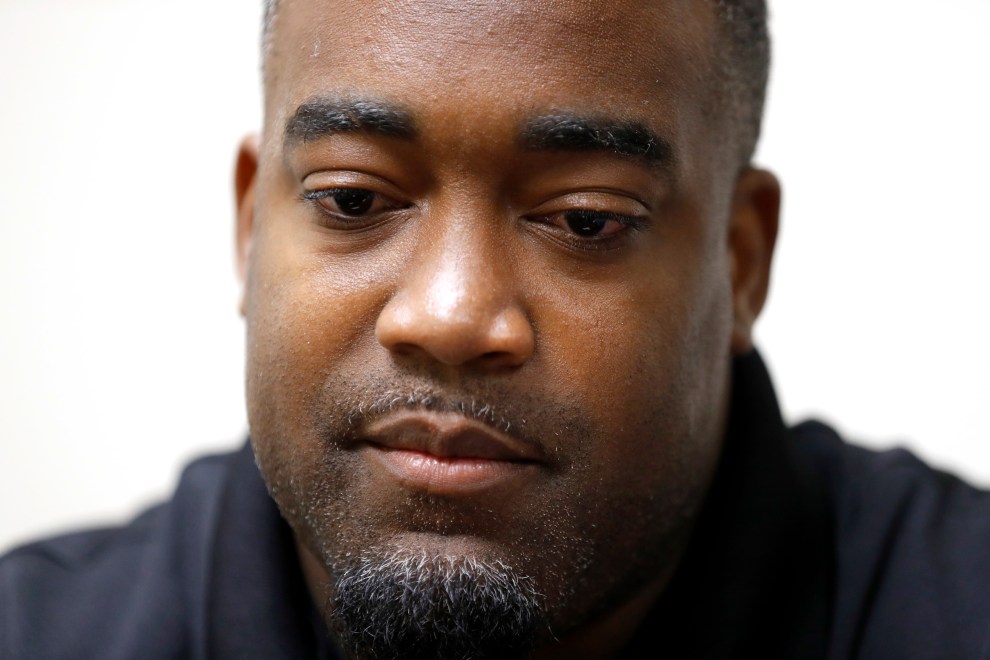
A protest outside the Starbucks where two black men were arrested last month while awaiting a business partner.Tom Gralish/Philadelphia Inquirer/AP
The latest addition to the list of things you apparently can’t do while black is a doozy.
On Monday, a white graduate student at Yale called campus police on a black classmate who was sleeping on a sofa in the common room of the building where both students lived—Lolade Siyonbola, a grad student in Yale’s African studies program, had fallen asleep while studying.
Siyonbola was detained for more than 15 minutes as officers tried to verify she was a student. The spelling of her name on her student ID apparently didn’t match the spelling in the database the officers used to look her up—which is really not all that surprising. Afterward, she posted two videos of the ordeal to Facebook. In one of them (below), which has hundreds of thousands of views, an officer asks for her ID. Siyonbola asks why, and another cop says they need to “make sure you belong here.”
“I deserve to be here. I paid tuition like everybody else. I am not going to justify my existence here,” Siyonbola protests later after one of the officers asks about the assignment she was working on. After a bit more back and forth, she adds, “I’m not going to be harassed.”
When they finally let her be, one of the officers tells Siyonbola to have a good night. “I’m not going to have a good night,” she says. “But you have a good night.”
Siyonbola also informed the officers that the woman who called her in had previously called the police on her friend “because he was black and in the stairwell.”
Stuff like this happens every day in America: Black and brown Americans are unfairly perceived as suspicious or threatening by store clerks, restaurant managers, cops, and everyday people—who are often quick to call in law enforcement over behavior that is legal and/or benign.
Here are 10 additions—since the mid-April arrests of two law-abiding men at a Philadelphia Starbucks—to the list of things you apparently can’t do while black or brown:
- Shop for prom clothes at Nordstrom Rack: You’ve probably heard about this case of racial profiling by the store’s employees, but turns out it’s not a first.
- Golf too slowly: Doesn’t matter whether the putters ahead of you are moving at a similar pace.
- Move into your own apartment: And this guy was a former White House staffer!
- Move out of an AirBnB: Did you know you’re required to reciprocate when a neighbor waves at you?
- Work out at your gym: Black folks apparently have to scan their ID twice.
- Work out at a different location of your gym: Okay, what the heck is up with LA Fitness?
- Ask for Waffle House’s corporate number: Police said they arrested the upset customer because she cursed—which is, of course, illegal.
- Buy Mentos at a gas station: You just never know when a clueless off-duty cop will be standing in line behind you.
- Listen to music on your front porch: This officer was a real prince, as it turns out.
- Show up late for a college campus tour: These two Native American kids made a white mother “nervous.”
If that’s not enough for you, here are 21 previous examples compiled by a former colleague. And here’s that sideways “napping while black” video.














